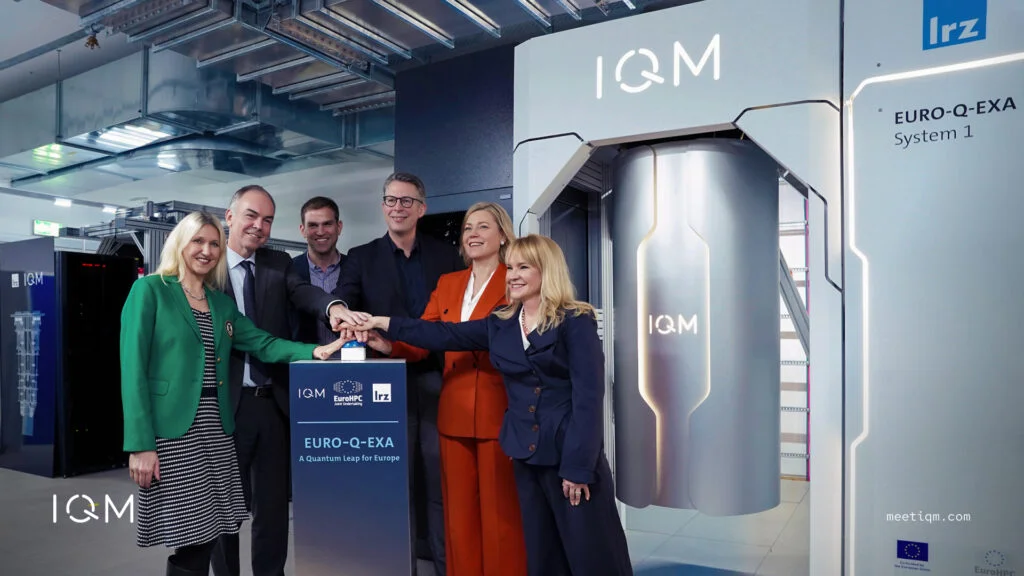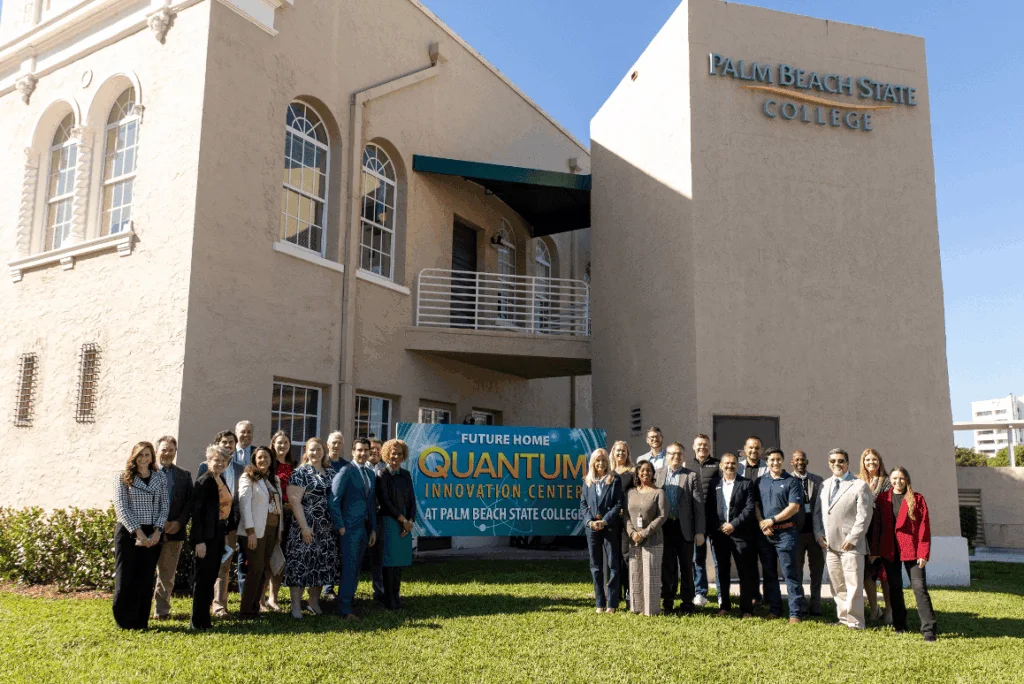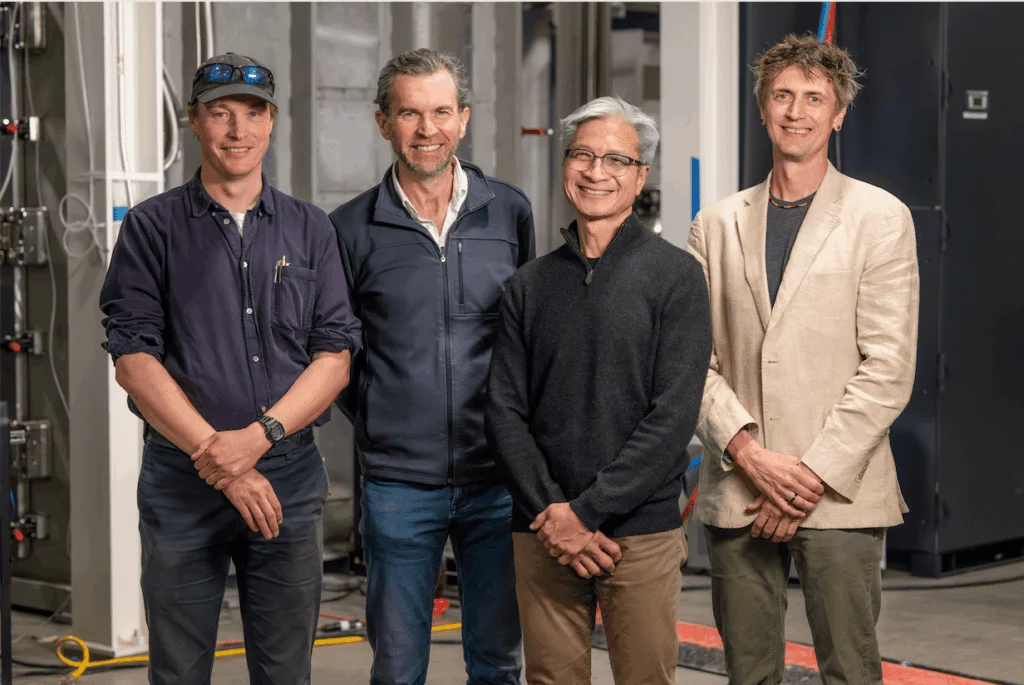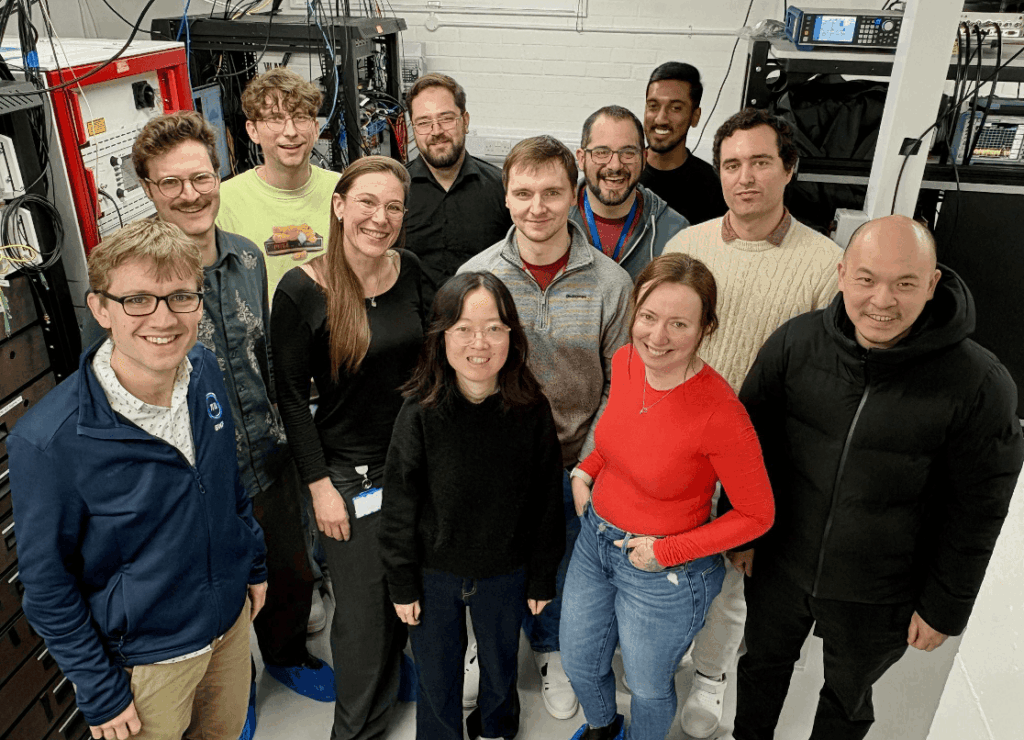Insider Brief
- KDDI will lead a NEDO-funded project to develop an AI-quantum common platform aimed at accelerating industrial use of quantum computers by fiscal 2027.
- The platform will combine AI and multiple quantum computing architectures, enabling intuitive use without specialized quantum knowledge.
- Ten domestic partners will collaborate on middleware, application distribution, and operational technologies to improve stability and expand quantum adoption.
KDDI will lead a multi-institution research effort to develop an “AI-quantum common platform” aimed at making quantum computing more accessible to industry, according to a company statement. The project, funded under Japan’s Post-5G Infrastructure Strengthening Program (G5-3) by the New Energy and Industrial Technology Development Organization (NEDO), seeks to remove technical and operational barriers to commercial quantum use by fiscal 2027.
The initiative responds to the Japanese government’s goal of reaching 10 million quantum technology users and ¥50 trillion in domestic production value by 2030. The Cabinet Office’s “Vision for a Quantum Future Society” prioritizes rapid social deployment and industrialization, amid intensifying international competition. KDDI said its work will target both user-side and provider-side challenges in the quantum sector, where specialized knowledge requirements and immature operational technology have slowed adoption.
The project will combine AI and quantum computing resources into a platform designed to run without specialized knowledge of quantum information or mechanics. It will also support multiple quantum hardware approaches—such as superconducting, neutral atom, and optical systems—by dynamically selecting the best cloud-based resources for each application. This flexibility aims to lower the threshold for adoption in diverse industries beyond telecommunications, where KDDI has already explored quantum use cases.

Ten domestic partners are involved, including the KDDI Research Institute, SEC Co., Jij, QunaSys, the National Institute of Advanced Industrial Science and Technology (AIST), Waseda University, Keio University, Osaka University, and Shibaura Institute of Technology. Research will be coordinated through AIST’s Global Research Center for Quantum-AI Fusion Technology Business Development and use its hybrid computing testbed, ABCI-Q.
Work will center on two main development tracks. The first is middleware technology that integrates abstracted quantum functions with generative AI trained on quantum knowledge, enabling intuitive operation through an integrated development environment (IDE). This track also includes creating load-balancing systems to automatically assign optimal AI and quantum computing resources, and establishing application service providers to distribute quantum-enabled applications to wider markets.
The second track focuses on stable operations for quantum hardware. This includes developing methods to collect and analyze telemetry data from quantum processors and their supporting equipment, such as cryogenic refrigerators and control devices. The aim is to create reliable fault detection and management systems to address the inherent instability of qubits, which limits continuous operation.
KDDI said that since Google’s 2019 announcement of “quantum supremacy,” global development and commercialization efforts have accelerated, with major IT firms offering machines and cloud services. Japan is seeking to keep pace by fostering industrial use cases and strengthening domestic technological capacity. The company said its platform will help expand use cases, improve operational maturity, and accelerate commercialization in line with national policy goals.
If successful, the AI-quantum common platform could give Japanese industries broader access to quantum computing tools and help the country compete in a market that is expected to be increasingly critical to sectors from materials science to logistics.















